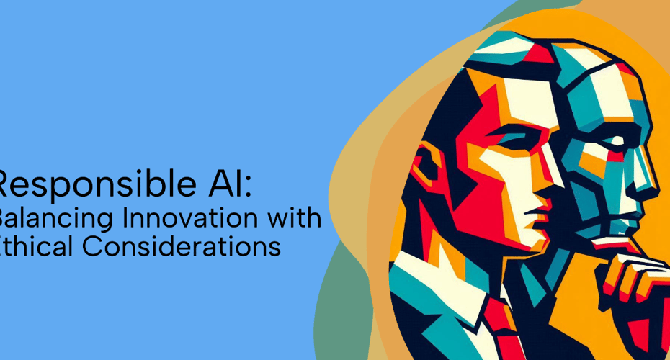Dev
1w
211

Image Credit: Dev
Building Responsible AI Agents: Balancing Innovation and Ethics
- Artificial Intelligence (AI) is transforming industries, with autonomous AI agents leading the charge. As they become more autonomous, the need for responsible AI development is critical to address issues like bias, transparency, and accountability.
- Responsible AI agents are designed to be ethical, transparent, and accountable. They must operate fairly, respect privacy, and provide clear explanations for their decisions.
- Key principles of responsible AI include fairness, transparency, accountability, privacy, and sustainability.
- Building responsible AI is a multidisciplinary effort that requires collaboration between developers, ethicists, policymakers, and end-users.
- Real-world examples of ethical dilemmas in AI systems include bias in decision-making, lack of transparency, accountability gaps, privacy violations, and ethical use of AI in sales and marketing.
- Frameworks and best practices for responsible AI development include ethical AI frameworks, bias mitigation, explainability and transparency, accountability mechanisms, privacy and security, and continuous monitoring and feedback.
- Building responsible AI agents is a shared responsibility requiring collaboration between governments, organizations, and developers.
- Salesforce, a leader in customer relationship management (CRM), has implemented robust guidelines to ensure that its AI systems are fair, transparent, and accountable.
- The future of AI is bright, but it’s up to us to ensure that it’s also responsible.
Read Full Article
12 Likes
For uninterrupted reading, download the app